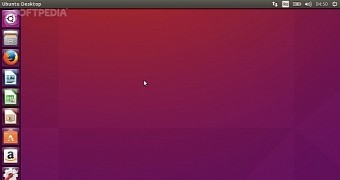After publishing details about the availability of new kernel packages for the Ubuntu 15.10, Ubuntu 15.04, Ubuntu 14.04 LTS and Ubuntu 12.04 LTS computer operating systems, Canonical now reports that the Linux kernel for Raspberry Pi 2 has been updated for Ubuntu 15.10 (Wily Werewolf).
According to the Ubuntu Security Notice USN-2843-3, four kernel vulnerabilities discovered by various developers in the upstream Linux kernel 4.2 branch - which is now officially maintained by Canonical's Ubuntu Kernel Team, as we reported a couple of days ago - have been patched for the Raspberry Pi 2 port of Ubuntu 15.10.
The first security flaw was discovered in Linux kernel's PPP implementation, which was not able to validate certain slot numbers, thus allowing a local attacker that could call ioctl() on /dev/ppp to crash the system by causing a denial of service (DoS) attack.
The second vulnerability was discovered by Dmitry Vyukov in Linux kernel's keyring handler, which couldn't correctly garbage collect instantiated keys, allowing an unprivileged local attacker to crash the system by causing a denial of service (DoS) attack.
While the third security flaw was found in Linux kernel's virtual video osd test driver, the fourth one was discovered in Linux kernel's Digi Neo and ClassicBoard devices. They were not capable of properly initializing data structures, thus enabling a local attacker to receive sensitive date from the kernel.
Users urged to update as soon as possible
Canonical urges all users of the Ubuntu 15.10 operating system for Raspberry Pi 2 single-board computers to update the kernel packages to version linux-image-4.2.0-1016-raspi2 4.2.0-1016.23 as soon as possible. Details on how to update your system are available at https://wiki.ubuntu.com/Security/Upgrades.
Please note that you will need to reboot your Ubuntu operating system after installing the new kernel build, otherwise it will not be updated. Also, please try to keep in mind that you must rebuild any third-party kernel modules that you might have installed.

 14 DAY TRIAL //
14 DAY TRIAL //